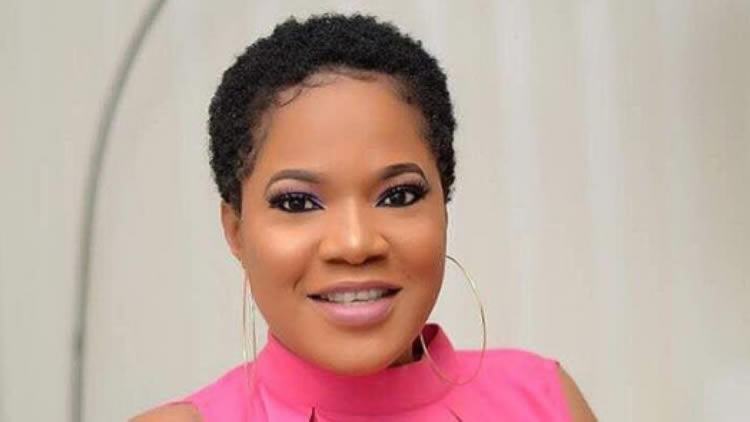I Don’t Understand How A Government Property Like BRT Is Now Dangerous For Citizens
Toyin Aimakhu
Nollywood actress, Toyin Abraham has come out to react to the abduction and murder of a 22-year-old lady, Bamise Ayanwole who went missing and her body discovered after taking a BRT ride.
She recently had her say via social media page, and Nigerians have been reacting.
According to her, it is bad enough that Nigeria is not safe, but the fact that government property is also now dangerous for citizens is very concerning.
Toyin added that Lagosians should remain careful because there are lot of strange things happening in the country.
Her words, ”It is sad enough that Nigeria is not safe but to think that a place or thing considered as property like BRT is now considered a dangerous place should all get all of us concerned. But I have few questions for Lagos State Government, why are the BRT buses not fitted with CCTV cameras? What measure have you put in place since this incident that made you assure Lagosians that the BRT buses are now safe?”
“Are we truly safe or your speech is just government rhetoric, telling us what we want to hear?”
“Lagosians, please be careful, we cannot move about like everything is okay. Things are not okay if we are not safe inside government buses.
And to the family of Ayanwole Oluwabamise I sympathize with you. Some of us will reach out to see how you can go through this phase with some measure of ease-no easy way in grieve. May God truly console you.
This is such a sad incident!”
WOW.
Nollywood is a sobriquet that originally referred to the Nigerian film industry. The origin of the term dates back to the early 2000s, traced to an article in The New York Times. Due to the history of evolving meanings and contexts, there is no clear or agreed-upon definition for the term, which has made it a subject to several controversies.
The origin of the term “Nollywood” remains unclear; Jonathan Haynes traced the earliest usage of the word to a 2002 article by Matt Steinglass in the New York Times, where it was used to describe Nigerian cinema.
Charles Igwe noted that Norimitsu Onishi also used the name in a September 2002 article he wrote for the New York Times. The term continues to be used in the media to refer to the Nigerian film industry, with its definition later assumed to be a portmanteau of the words “Nigeria” and “Hollywood”, the American major film hub.
Film-making in Nigeria is divided largely along regional, and marginally ethnic and religious lines. Thus, there are distinct film industries – each seeking to portray the concern of the particular section and ethnicity it represents. However, there is the English-language film industry which is a melting pot for filmmaking and filmmakers from most of the regional industries.



